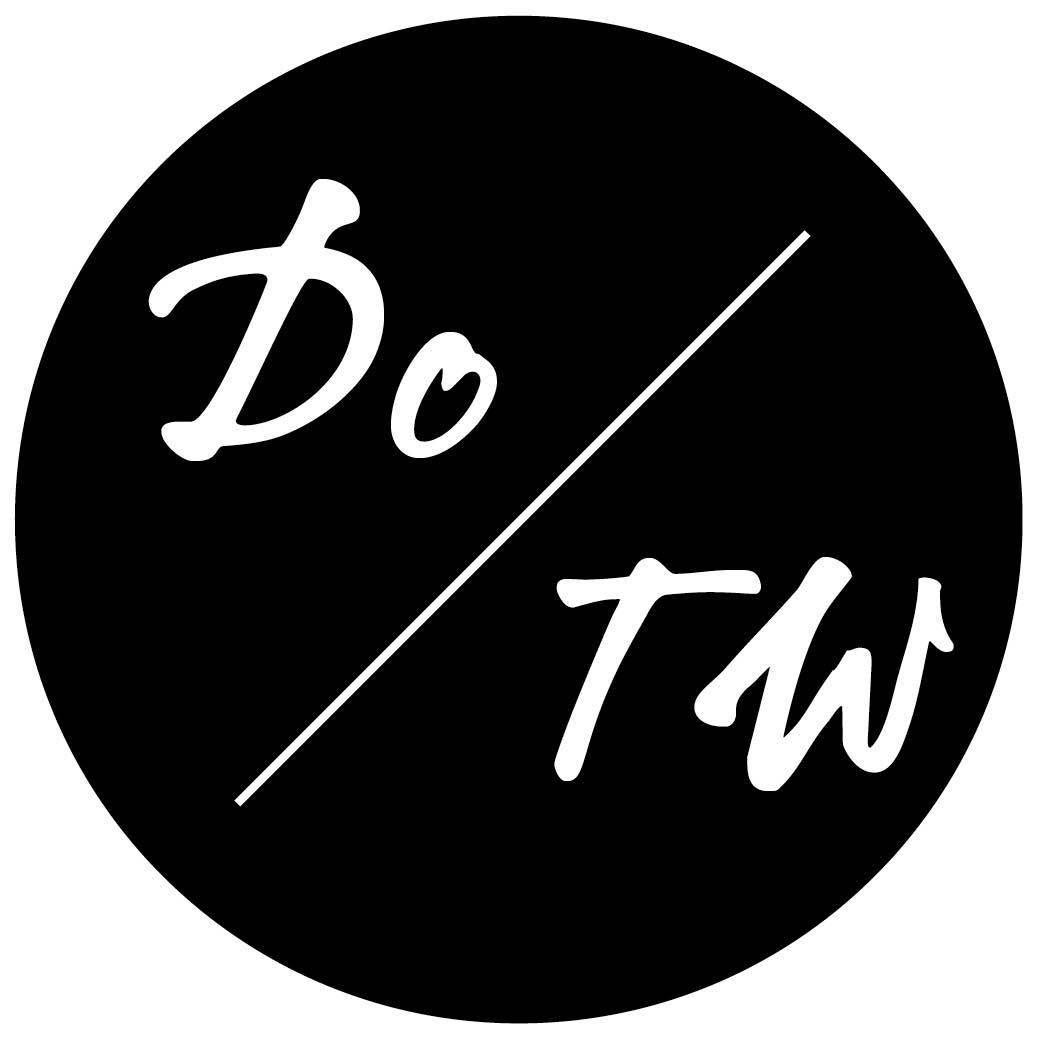What You Do 60% of the Time is What You Do

No, I am not rephrasing the Pareto Principle.
You know, the one that says that 20% of the work you do yields 80% of the results. Though if we apply that here, it’s even more telling.
I’m talking about how you spend your time—your work time specifically—and what that says about you.
Best-Selling Novelists Can’t Be Wrong?
“To be a writer, treat your writing like a job and job like a hobby, then do the least amount to not get fired.” @Darinstauss
I had a somewhat life-altering experience in a panel at the Slice Literary Writer’s Conference. It was ostensibly on “putting your ass in the chair.”
They had assembled some truly great local literary minds:
So the conversation naturally went far above and beyond its rather service-centric title and morphed into an examination of how these celebrated writers do their work and manage their daily schedules, how they became who they are, and the fears and doubts they face daily.
And in the balance between how they became who they are and their fears and doubts, which were all the same, interestingly, or perhaps, tellingly, I noticed a trend:
No matter what life threw at them, they all succeeded anyway.
Have You Heard This Cinderella Story Before?
“You can sleep, have a social life, or you can write. You can pick two of these things.” @ElissaSchappell #SLWC
Do you know how J.K. Rowling got the Harry Potter series published?
Perhaps you’ve heard how she had the idea on a delayed train and worked out the characters and much of the plot without a pencil with which to write any of it down.
But the part that interests me more is how she found herself very suddenly as a divorced single mom with a newborn. Rather than take a full-time job that would sap her creative energy and writing time, she got a low-paying job that would allow her to stay on government benefits and bring her child to work with her, then wrote the book in little snippets at a café during nap time.
The amazing, warm, caring, and incredible Pam Slim shared a similar story this year during her academy at the 2015 World Domination Summit. When she got a contract for her first print book, she was pregnant and her husband’s company started going under due to the recession, and she had to earn all of the family income while getting her book done on deadline.
Every time I hear this incredibly heartening, inspiring stories of people who push through incredible hardship to come out on the other side and make a healthy, successful life for themselves, I think about people I know who are in far more privileged circumstances who don’t succeed no matter how much they say they want to or how many years they spend trying.
Discover More Inspiration:
- The Single, Biggest Thing That Holds You Back From Travel Writing Success
- WTF Are You Doing with Your Travel Writing Time?
- Don’t Let the Haters Sell You on These 3 Mega Myths About Freelance Travel Writing
What Do You Spend 60% of Your Time On?
When I was getting ready to leave my full-time job and start freelancing, I had a pretty religious schedule.
I worked at a university, where thankfully most people clear out of the office at 5pm on the dot. I’d walk half an hour or so from my office into Boston’s Back Bay, a lovely area of historic homes and bauble-filed boutiques that would help reset my brain and get the creative juices flowing. Then I’d set up on a table in a café, write till they closed, go home and make a small, quick dinner, and keep working until I went to sleep, which was usually around 2am.
Not exactly eight hours, but pretty close.
Considering we all know that people in offices aren’t really working 40 hours a week, working on my writing and my blog was what I did more than 60% of the time. It was necessary to grow a flourishing freelance business.
On the other hand, I can think of three clear examples of friends of mine who can’t seem to make these sacrifices of their time and attention. Along with countless people that I meet at conferences who tell me about how they are “trying” to be travel writers. The story is always the same:
- Person leaves full-time income producing job with grandiose thoughts of people who will definitely pay them handsomely, or, conversely, no plans at all.
- Person spends six to 12 months, depending on financial limits, “learning,” “networking,” or generally doing some other type of “work” that is not actually income-producing at the level they want to be at.
- Person panics, does not develop a plan of attack, and takes an extremely low-paying, energy-sucking part-time job to earn money, but only ends up doing this job alone and letting their “business” stagnate.
- Cycle repeats.
In all cases, the 60% here is not writing, pitching, or any other type of clearly income-producing work.
As you may have guessed, the people I’m referencing above, especially the ones I know personally, have been stuck in this cycle for years. Five in some cases.
So, I ask you today, in fact, if you feel like you aren’t finding the travel writing success you had hoped, I beg you, to take ten minutes to sit down, look at your calendar, and ask yourself:
What are you really doing with 60% of your time?
Want to Expand Your Expertise on This Topic?
Check out our info-packed video courses to go in-depth and quickly skill up. People have called them “a wealth of knowledge” and “invaluable tools,” and told us “you do an amazing job of helping people,” and “I am learning more from you than any other person.”
